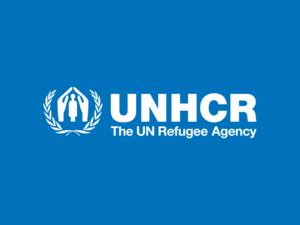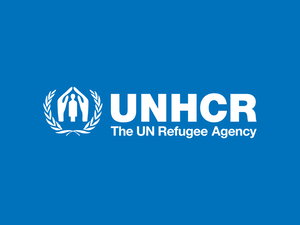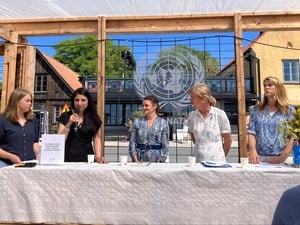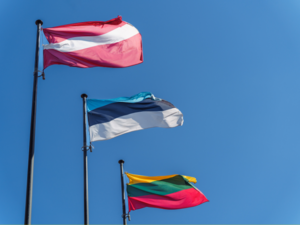High Employment and Education Enrollment Among Ukrainian Refugees in Estonia, but Continued Solidarity Needed
High Employment and Education Enrollment Among Ukrainian Refugees in Estonia, but Continued Solidarity Needed
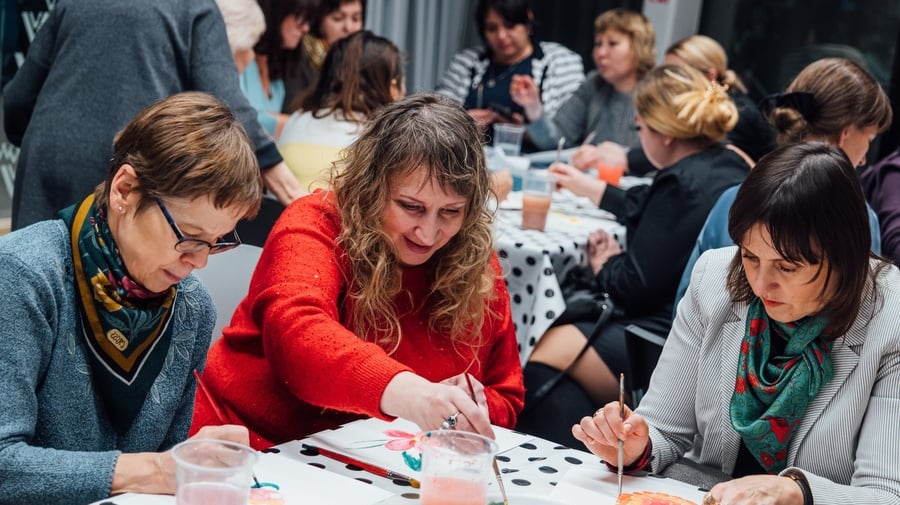
In Estonia, the requested funding would support initiatives such as youth inclusion, educational seminars for adults and children, job-related skills workshops. © Taavi Prints
Tallinn, Estonia - Today, UNHCR, the UN Refugee Agency, and its partners have launched the 2025 Regional Refugee Response Plan, appealing for US$ 6.4 million (2025), to support 37,000 refugees in Estonia. This funding is part of a broader US$ 1.2 billion appeal to assist 2.2 million Ukrainian refugees across 11 host countries.
In the past three years, Estonia has demonstrated remarkable generosity and solidarity, providing Ukrainian refugees with safety, stability, and the opportunity to rebuild their lives. A recent study by UNHCR highlights strong social and economic inclusion among refugees, with many reporting that their basic needs are being met.
According to the study, 69% of working-age Ukrainian refugees in Estonia have secured regular employment with formal work contracts. Additionally, in the 2023/2024 school year, 93% of refugee children aged 7-18 were reported by their parents as enrolled in Estonian schools. Other key findings indicate that 90% of refugees live in private accommodations, 91% have access to health insurance, and 77% report positive relations with the host community. These indicators point to a favorable environment for Ukrainian refugees in Estonia.
Despite these positive trends, continued international support remains critical. The war in Ukraine—triggered by the Russian Federation’s full-scale invasion in February 2022—has caused the largest and fastest-growing displacement crisis in Europe since World War II. Today, 6.8 million Ukrainian refugees have left their country and, 92% of them have been registered in Europe. Within Ukraine, 3.6 million people remain forcibly displaced, facing an uncertain and perilous future. Ongoing Russian attacks continue to claim lives, injure civilians, and destroy homes and critical infrastructure, underscoring the urgent need to protect and assist those forced to flee.
“We must continue to stand with the millions of Ukrainians forced to leave behind their homes. In a time of great uncertainty, Estonia has provided unwavering support, demonstrating solidarity when it is needed most. As we continue to hope for better days in Ukraine, we must ensure that this support remains strong,” said Annika Sandlund, UNHCR’s Representative for the Nordics and Baltics.
With millions of refugees in host countries in need of protection, the Regional Refugee Response Plan prioritizes ensuring continued access to legal status and rights, investing in socio-economic inclusion, and transitioning from emergency aid to long-term strategies that integrate refugees into national systems.
In Estonia, the requested funding would support initiatives such as youth inclusion, educational seminars for adults and children, job-related skills workshops, language courses, entrepreneurship support, social cohesion enhancement, mental health and psychosocial support, research and employer assistance for hiring refugees, onward transportation support for transiting refugees, temporary accommodation, digital empowerment training on Estonian e-government tools, online mental health consultations, and expanded access to primary and mental health services.
The Refugee Response Plan, coordinated by UNHCR under the Refugee Coordination Model, brings together 266 partners working in 11 countries. Under the leadership of host government, UN agencies and civil society actors continue to complement the efforts of the government and show the support and solidarity of the people. While the emergency phase is over, continued solidarity and financial support remains essential.



